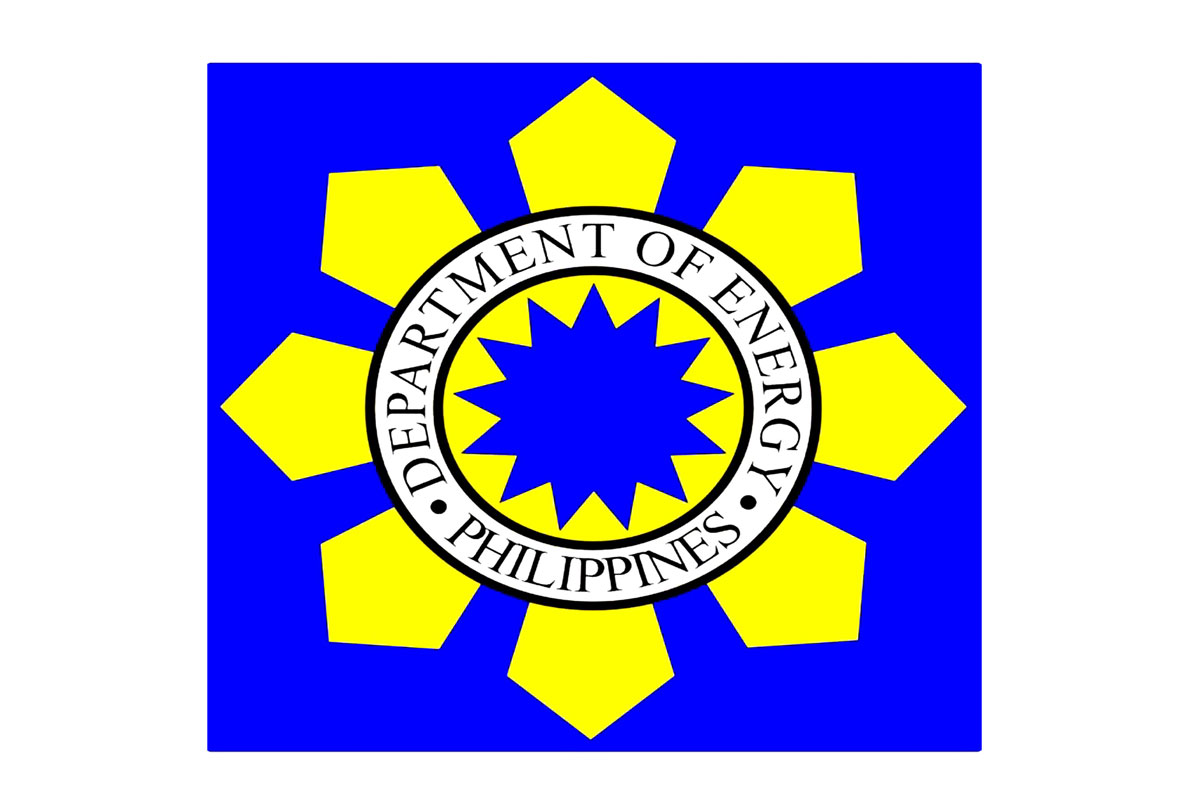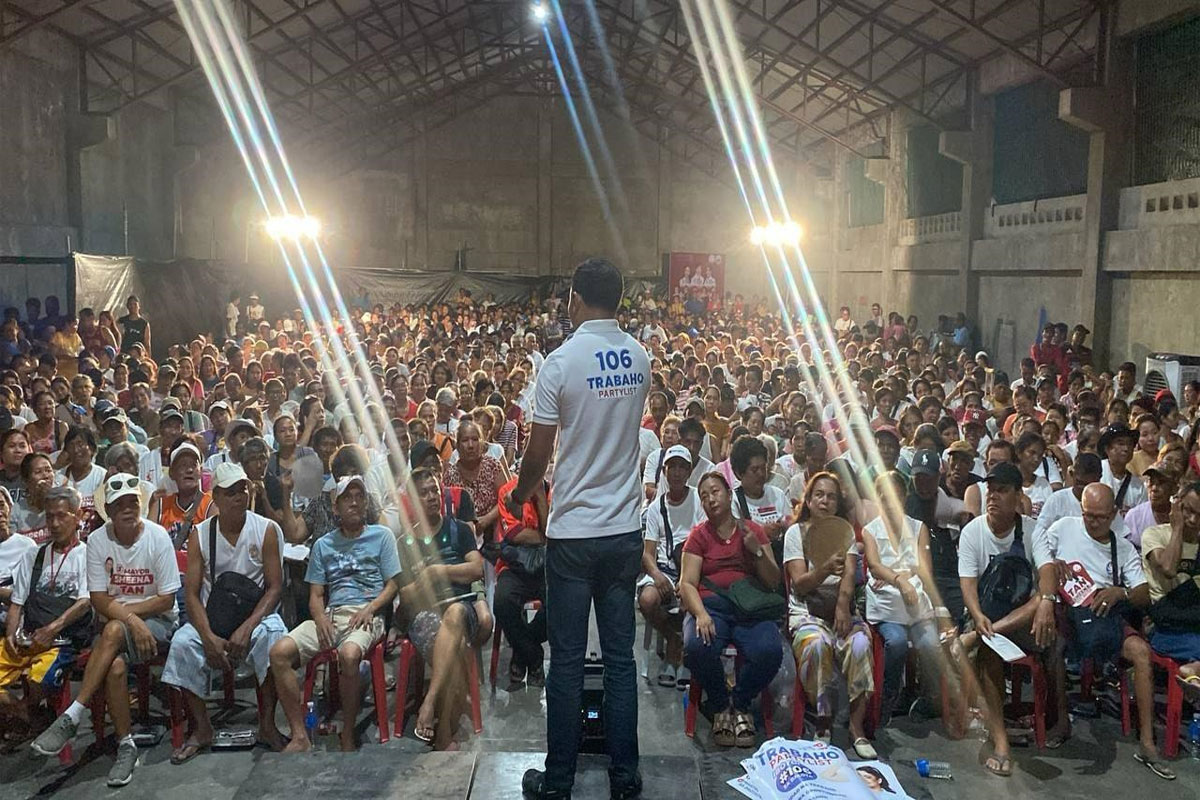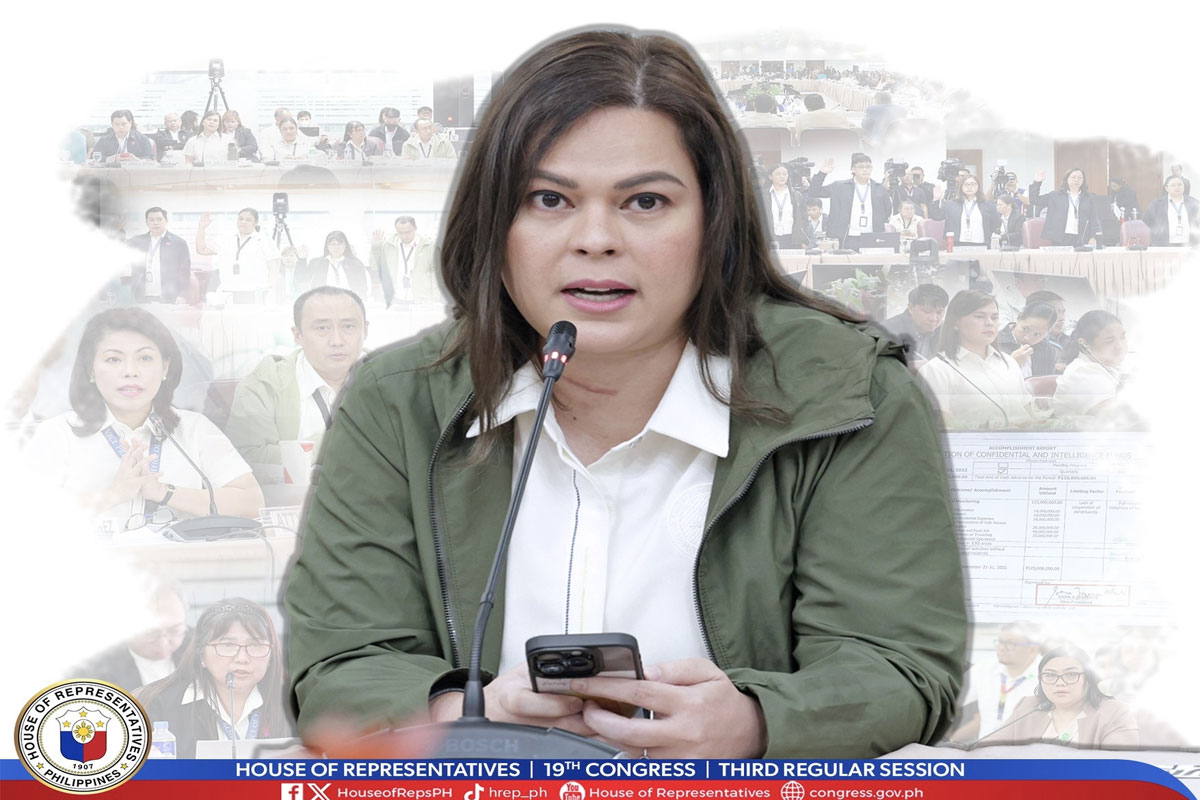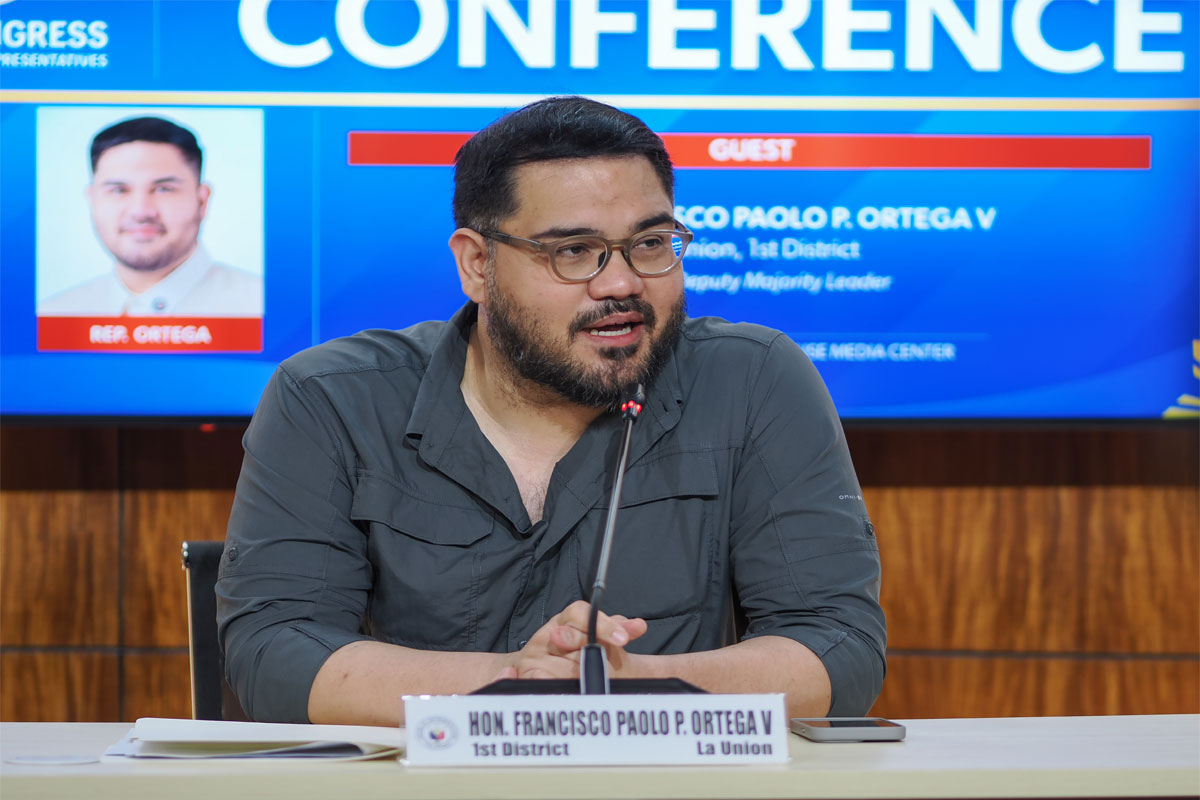
DOE implements IRR for PH natural gas law
THE Department of Energy has adopted guidelines for the implementation of Republic Act No. 12120, also known as the Philippine Downstream Natural Gas Industry Development Act, with the aim of accelerating the exploration and development of indigenous natural gas to enhance energy security in the country.
In Department Circular 2025-4-5, which outlines the Implementing Rules and Regulations (IRR) of RA 12120, the DOE asserts its overall responsibility for the supervision and monitoring of the Philippine Downstream Natural Gas Industry (PDNGI), as well as the development of strategies to implement related policies.
This includes establishing a gas aggregation framework that consolidates the natural gas needs of multiple consumers into a single purchasing entity.
“The DOE shall be the lead agency to determine the need for and regulate the development of aggregation in the country. The DOE shall determine the requirements to be an aggregator and designate the aggregator/s and issue the applicable policies to implement aggregation, including the minimum percentage of indigenous natural gas for aggregation and pricing mechanisms for aggregated gas,” the circular stated.
The DOE defines gas aggregation as the procurement of indigenous natural gas, combined with imported liquefied natural gas (LNG), which will then be sold to gas buyers both domestically and internationally by recognized participants known as aggregators.
Although separate guidelines on aggregation will be issued by the DOE, they will remain integrated within the overall gas policy.
The IRR was signed by DOE Secretary Raphael Lotilla on March 26, 2025, and was uploaded to the DOE website over the weekend.
While the IRR of RA 12120 mandates the prioritization of the dispatch and utilization of indigenous gas over imported gas, it does not prohibit the importation of LNG or the use of aggregated natural gas.
“Procurement and utilization of indigenous natural gas, including without limitation, by gas-fired power plants, shall be prioritized over the imported natural gas,” the DOE said.
“Power produced from indigenous natural gas shall have priority over other conventional energy sources. Such prioritization shall cover indigenous natural gas power supply contracting, including mechanisms for minimum supply requirements,” the DOE added.
According to the circular, there will be a minimum percentage of electricity demand from generation companies or distribution utilities that must be sourced from indigenous natural gas.
Additionally, the DOE is considering the construction or designation of PDNGI facilities to accommodate both indigenous and imported gas.
A permit is required to construct, operate, and maintain these facilities, which is valid for a maximum of 25 years from the day after the expiration of the construction permit.
The DOE plans to establish necessary measures to support and facilitate the use of indigenous gas within the domestic downstream natural gas sector.
Furthermore, the DOE is exploring incentives to acknowledge the capital-intensive investments associated with the development, construction, leasing, operation, and maintenance of natural gas facilities.
“The purchase and sale of indigenous natural gas, aggregated gas, and power generated by generation facilities using indigenous natural gas and aggregated gas shall be exempt from value added tax,” the circular stated.
The DOE has long championed natural gas as an important energy source and a transitional fuel toward variable renewable energy by creating a legal and regulatory framework to promote and develop the PDNGI.






















